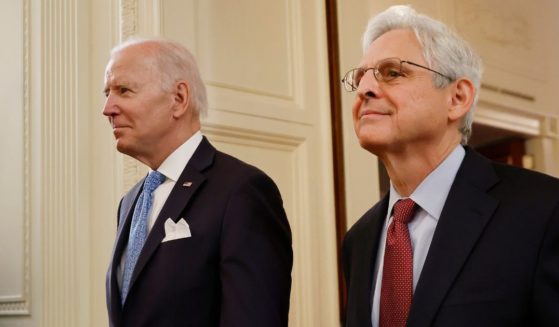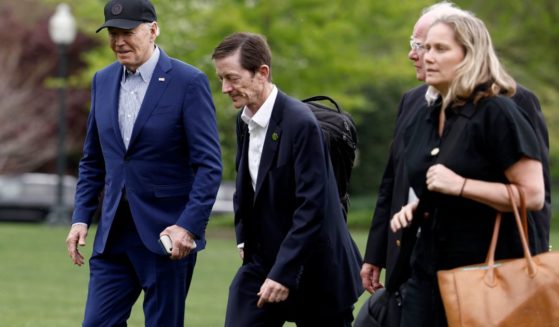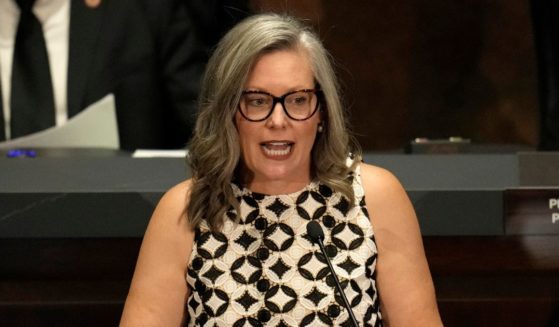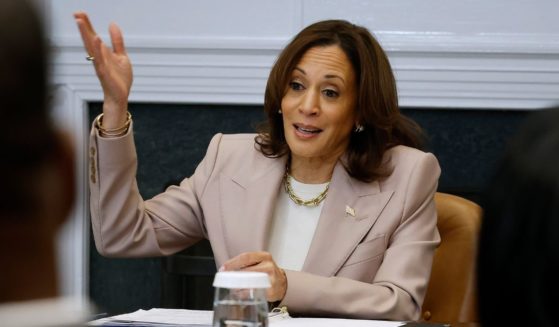Kentucky teachers in 'sick out' protest against lawmakers
FRANKFORT, Ky. (AP) — At least six Kentucky school districts were forced to close Thursday — including the two largest systems in the state — as hundreds of teachers called in sick to protest what one leader called “half-truths” and “shadiness” at the state legislature.
The “sick out” was organized by the group KY 120 United, a reference to the state’s 120 counties, which encouraged teachers in a Facebook post Wednesday night to call in sick.
Within hours, the state’s two largest school districts in Jefferson and Fayette counties announced they would close because they didn’t have enough teachers to cover classes. Districts in Marion, Carter, Letcher and Boyd counties were also closed Thursday. In Fayette County, officials said, at least 40 percent of teachers called in sick.
“This is (about) a series of kicks in the teeth. And the dog is now ready to fight back,” said Nema Brewer, a leader of the KY 120 United group who is not a teacher but works for Fayette County Public Schools. “This is about the last year and what we’ve seen coming from Frankfort. The half truths, the shadiness.”
Thursday’s protest is the latest iteration of teachers leaving the classroom to protest at state capitols, a movement that began last year in West Virginia before spreading to Kentucky, Oklahoma, and Arizona.
The protest came the day lawmakers in the Republican-controlled state House of Representatives voted to advance House bill 525, a proposal to change how people are nominated to the Kentucky Teachers Retirement System’s board of trustees.
Right now, the Kentucky Education Association controls nominations for seven of the pension board’s 11 members. House Bill 525 would change that, letting groups like the Kentucky Retired Teachers Association, the Kentucky School Boards Association, and the Kentucky Association of School Superintendents nominate members.
The Kentucky Education Association has about 43,000 members, including both active and retired teachers. The Kentucky Teachers Retirement System covers about 126,500 people.
“One organization in particular controls the process of nominating seven of those positions, effectively locking out other educators from the very decisions that impact their financial future,” said Republican Rep. Ken Upchurch, the bill’s sponsor.
KEA President Stephanie Winkler, a fourth-grade teacher in Madison County Public Schools, said the nominating committee includes non-KEA members. Plus, she said the committee has nominated superintendents and principals.
“We have weathered these volatile markets well because we trusted in our colleagues to be good decision makers. We also want to trust our elected officials,” Winkler said.
Kentucky’s pension systems are among the nation’s worst funded. State officials are at least $39 billion short of the money required to pay benefits over the next 30 years. The teachers’ retirement system alone is at least $14.3 billion short of what it will need to pay benefits.
Lawmakers have made changes to the system that oversees state and local government employees. But they’ve been unable to make changes to the Kentucky Teachers Retirement System. Teachers are well-organized and oppose anything seen as a threat to their profession.
Thousands marched at the state Capitol last year to protest a Republican-backed bill that would have put all new teacher hires into a hybrid pension system. Lawmakers passed the bill anyway, but the state Supreme Court struck it down in December on a procedural issue.
Teachers packed the committee room for a hearing on the bill, jamming the aisles as they sang and chanted beforehand. At one point, Karen Schwartz looked at her watch and said she should be teaching a math class. Instead, she held a sign she made urging lawmakers to vote against the bill.
Missy Davis, a fifth grade teacher at Farmer Elementary School in Jefferson County, said she knows canceling school is a major disruption for working parents who must scramble to find child care. But she’s worried for the future.
“The teachers want to be in school,” she said. “We are here because we are passionate about what we do and we want to protect the future of education.”
Much of the teachers’ ire was aimed a Republican Gov. Matt Bevin, who has criticized teachers in the past for opposing his pension system reform efforts. When asked to comment on the latest teachers’ protest, Bevin replied: “I really am not sure what the point is.”
Bevin, who is running for re-election, noted unprecedented amounts of money have been pumped into the struggling Kentucky Teachers Retirement System since he’s been in office and Republicans have controlled both chambers of the legislature.
“So everything that seems to be what people would want is what we’ve been doing,” Bevin said. “So it’s clearly about things that are other than that, and I have no idea what that would be.”
Brewer said teachers would return to the classroom Friday.
___
Associated Press writer Bruce Schreiner contributed to this report.
The Western Journal has not reviewed this Associated Press story prior to publication. Therefore, it may contain editorial bias or may in some other way not meet our normal editorial standards. It is provided to our readers as a service from The Western Journal.
Truth and Accuracy
We are committed to truth and accuracy in all of our journalism. Read our editorial standards.












